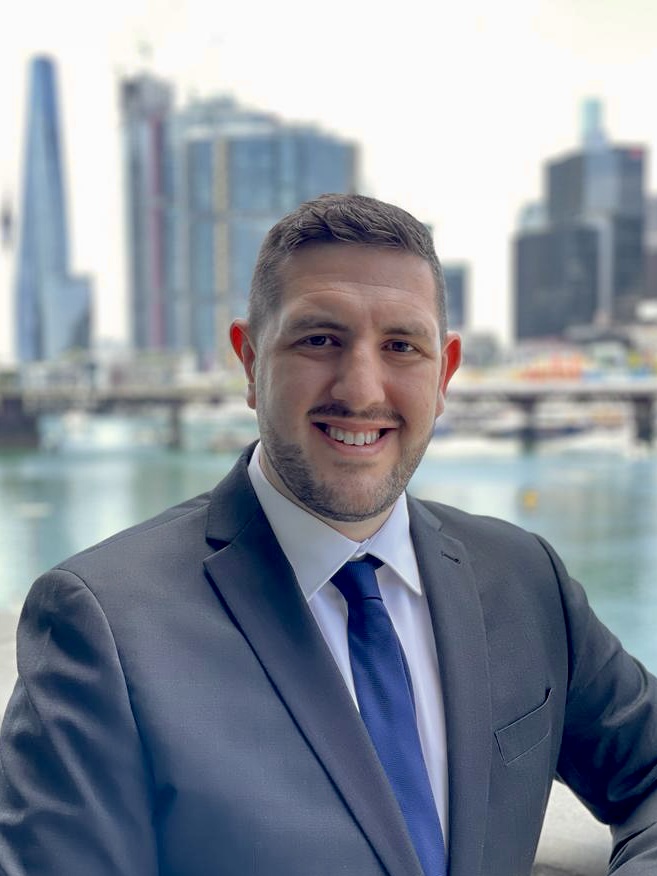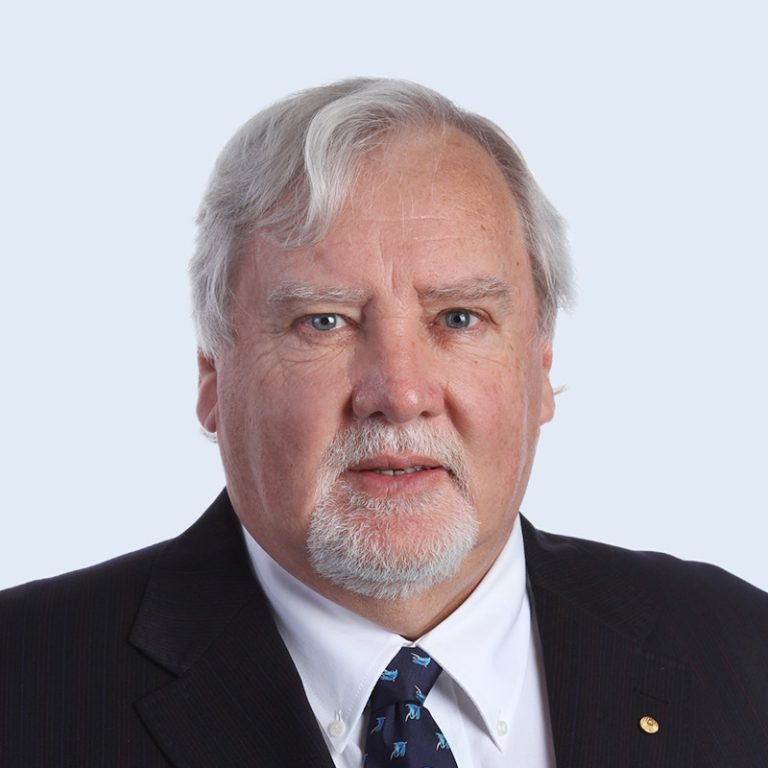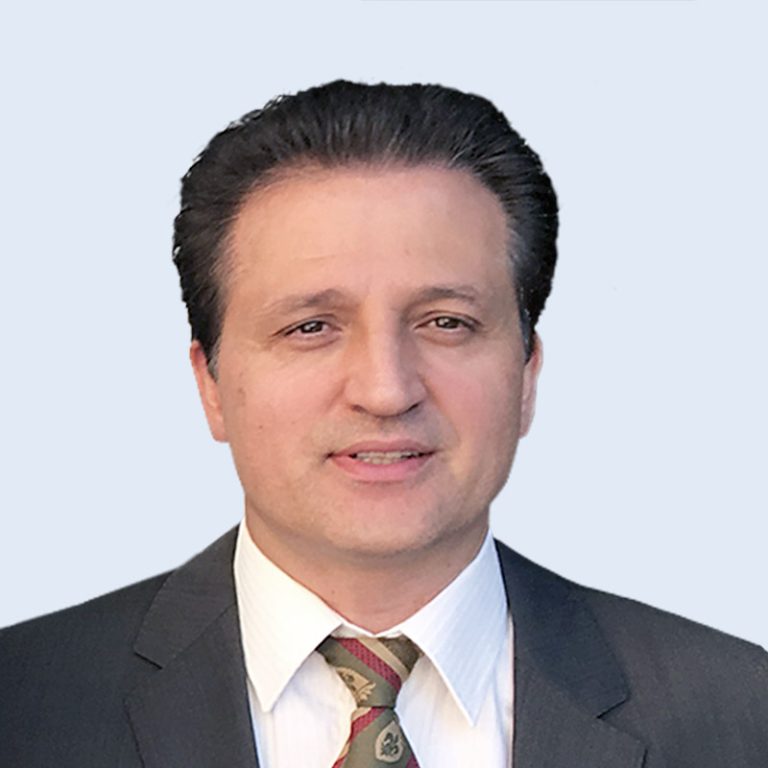Located in the Ilawarra, now a Cancer Care Associates centre, Cancer Care Wollongong (CCW) is a private day-only hospital that’s been providing world class cancer treatment for over 20 years. CCW has been involved in pioneering treatments in oncology for the past 20 years, participating in hundreds of clinical trials with both global and local pharmaceutical companies.
Cancer Care Wollongong
410 Crown Street
Wollongong NSW 2500
Australia
Wollongong NSW 2500
Australia
| Monday | |
| Tuesday | |
| Wednesday | |
| Thursday | |
| Friday | |
| Saturday | Closed |
| Sunday | Closed |










